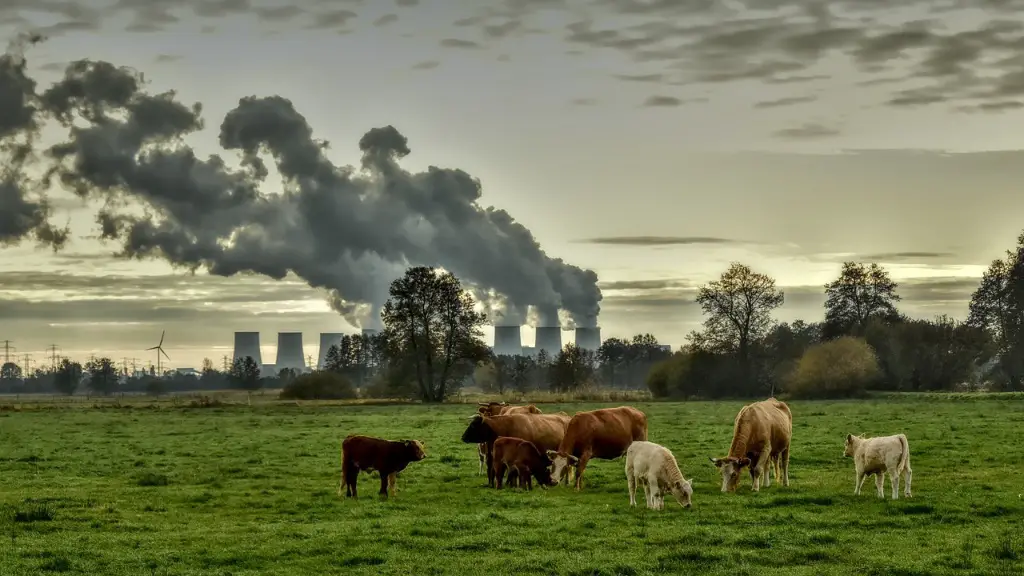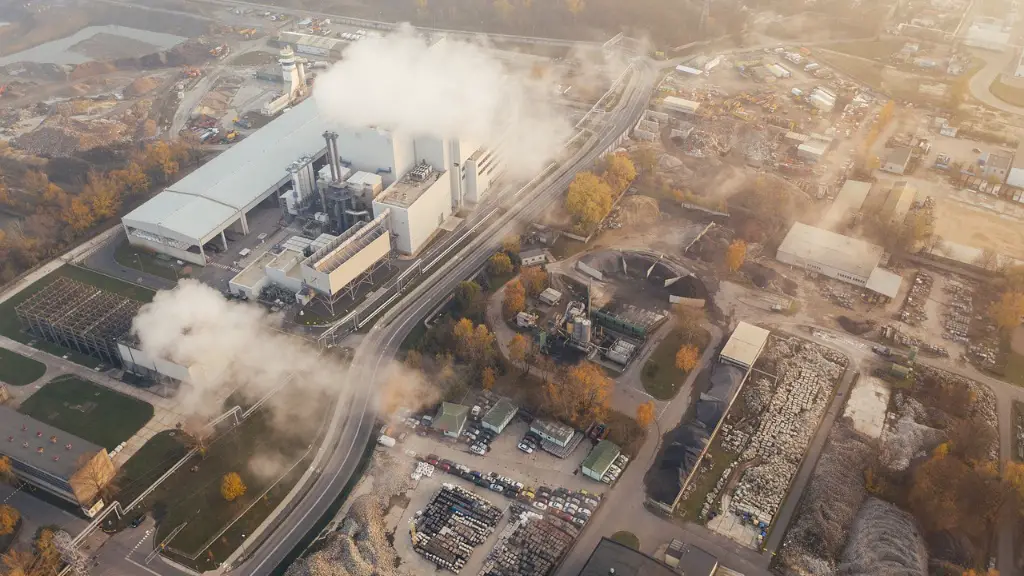Coral reefs are frequently described as the rainforests of the ocean – diverse and vibrant ecosystems home to a huge range of species. But due to the increasingly frequent and extreme weather events brought on by global warming, coral reefs are being threatened with destruction on a global scale. The effects of global warming on reefs around the world are real and immediate, and if drastic action is not taken soon, they may be facing catastrophe by the end of the century.
Rising ocean temperatures are the primary cause of coral bleaching and death. When temperatures rise past a certain level, coral polyps will expel the algae living inside them, robbing them of their vibrant colors and leaving them pale white, effectively killing them. The United Nations Environment Programme estimates that over the three-year period from 2014-2017 more than 30% of all coral reefs were hit globally. In some regions, such as the Caribbean, coral cover declined by more than 85%. In addition, ocean acidification is occurring at a rapid rate due to the absorption of carbon dioxide from the atmosphere, reducing the availability of carbonate ions which are needed for the formation of coral skeletons.
One of the most important consequences of losing coral reefs is the economic impact. Coral reefs act as natural barriers that help protect coastlines from floods and typhoons, while they also create a habitat for many of the ocean’s creatures and serve as an important source of food for millions of people around the world. In addition, coral reefs are an important source of income for people who depend on them economically, either through activities such as fishing, tourism, or by offering medical remedies to local populations. Fewer coral reefs means a decreased economic output.
Fortunately, there are some efforts being made to help protect coral reefs. In some areas, governments are introducing regulations to stop fishers from trawling in sensitive areas, while in other locations, efforts are being made to restore damaged reefs. On an individual level, people can reduce their carbon footprints by eating less meat, buying sustainable seafood, and choosing to use renewable sources of electricity. Education and awareness-raising are crucial in order to fight global warming, so it’s important to teach people at a local level about the importance of coral reefs and sustainable practices.
Overall, the health and livelihoods of millions of people are directly impacted by the wellbeing of coral reefs. Without immediate action to slow global warming, coral reefs will continue to suffer, leading to a mass extinction of underwater life. And this, in turn, could have devastating consequences for those that rely on coral reefs for their livelihoods and sustenance. It’s up to all of us to do our part to protect coral reefs before its too late.

